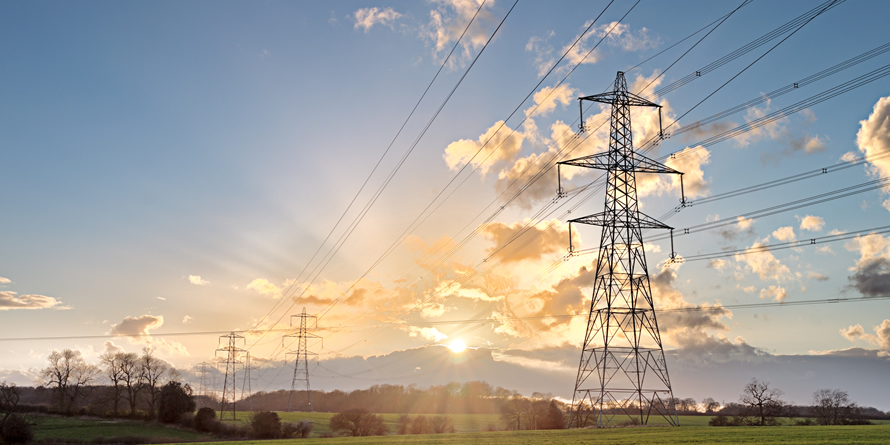Posted on: 12/09/2019
After Ofgem published the sixth instalment of their ‘Future Insight’ series, focusing on the development of Flexibility Platforms in the electricity system, Head of Regulatory Affairs, Colin Prestwich, breaks down the key messages from the paper and outlines just where we are in the transition to decarbonised, decentralised energy.
Regular readers of our blogs will remember that only two weeks ago, we published a post showing how the future energy system would be local, low-carbon and led by data. So how do flexibility platforms fit in to this, and just how key are they to enabling the future energy system?
Ofgem’s “Flexibility Platforms in Electricity Markets” paper outlines how this work is progressing and offers up an opinion that too much work is being duplicated amongst industry parties, whereas a more joined-up approach could realise the benefits of new trading platforms that much quicker.
It’s certainly true to say that what Ofgem define as ‘Grid Services flexibility platforms’, (those which will ensure the overall requirements of Distribution Networks are met), would benefit from greater collaboration. From a systems point of view, the peer-to-peer platforms feeding in to this might also be easier to integrate if they were required to meet a set of common standards.
As we move to a world of Distribution System Operators (DSOs) then consistency across platforms and products will be crucial in ensuring that market participants can both access and understand the new arrangements easily.
The problem is that we still don’t really have any idea as to which of the ‘future worlds’ (as outlined by the Energy Networks Association) we are moving to as yet. Until we know whether the Transmission System Operator (TSO) or DSOs will be primarily responsible for procuring flexibility, or how conflicting priorities in constraint management will be resolved. we can’t say for certain what the platforms need to look like.
We also agree with Ofgem when they point out that allowing DSOs, as monopoly businesses, to procure flexibility on their local networks could lead to a conflict of interest. This is due to the fact that DSOs would, in this scenario, be both able to see where flexibility is required and choose the provider to meet the need.
The positive to take out of this is that Ofgem are of the opinion that “the assets to provide a significant proportion of the flexibility that the current electricity system requires already exist.” Deploying those assets economically and equitably is the challenge. Whilst DNOs are undoubtedly the best parties to create new markets to meet the changing needs of their networks, it remains the case that they do not exist in isolation and the system needs to be balanced at a national level, and so the TSO should remain responsible for that task overall.

 United States
United States Australia
Australia






